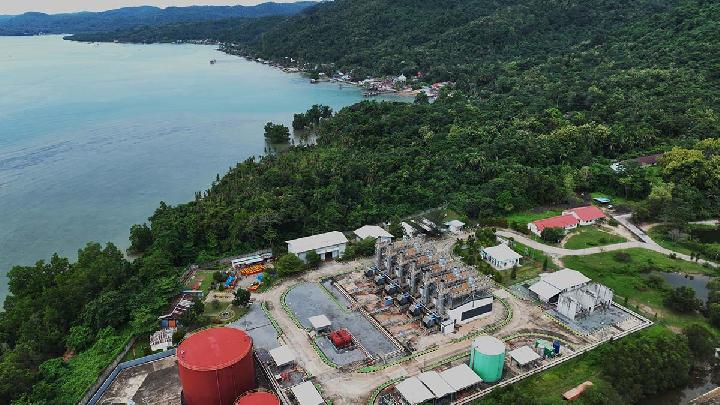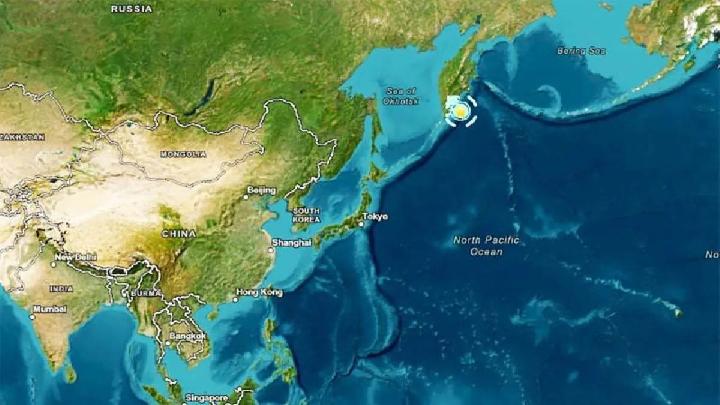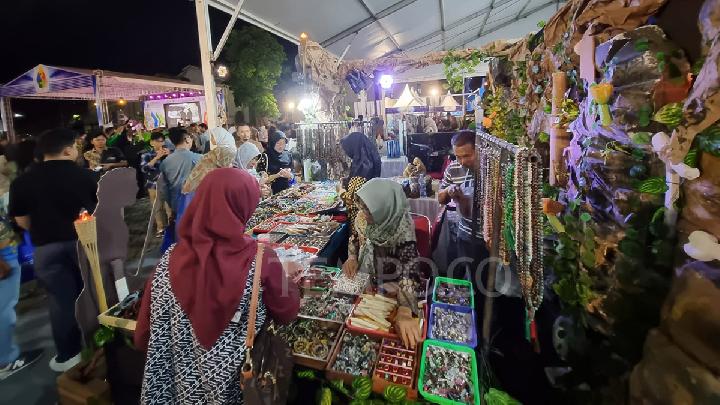Japan Imports 640,000 Tons of Indonesian Biomass Products to Meet Energy Needs
Reporter
June 16, 2025 | 01:40 pm

TEMPO.CO, Jakarta - Indonesian biomass products such as palm kernel shells and wood pellets were in high demand at the business forum organized by the Ministry of Trade in Osaka, Japan, on Wednesday, June 11, 2025. Japanese companies signed commitments to import 640 thousand tons of both commodities. The transaction value reached Rp1.04 trillion.
The Director General of National Export Development at the Ministry of Trade, Fajarini Puntodewi, stated that Japan needs these biomass products to meet their energy resources. Japan has set a target to make new passenger vehicles electric by 2035 to achieve net zero emissions by 2050.
"Therefore, the automotive industry in Japan must transition to renewable energy to support the shift towards electric vehicles and reduce greenhouse gas emissions," she said in a statement in Jakarta on Sunday, June 15, 2025, as quoted by Antara.
Puntodewi continued that renewable energy products derived from palm, such as palm kernel shells, empty fruit bunches, and oil palm trunks, have very low gas emissions. She noted that every ton of palm kernel shells used as fuel in factories can contribute to reducing carbon dioxide by 0.94 tons.
According to Puntodewi, the domestic demand for biomass products is still small, making exports a more profitable option. She cited that the current production of palm kernel shells is around 14 million tons, with 35 percent of the commodity's availability in the country being exported.
Indonesia's export of palm kernel shells to Japan currently reaches 4.5 million tons per year. The Ministry of Trade estimates that Japan's biomass market demand in 2025-2026 will increase to 7 million tons per year. Palm kernel shells and wood pellets are essential for Japan's needs.
Specifically for palm kernel shells, Puntodewi stated that they are not only used for vehicle fuel but can also be used for low carbon emission thermal power plant fuel, making it suitable for the industry. Furthermore, palm kernel shells are used as high-performance activated carbon that can be used to recover solvents, purify air, and clean water.
The Secretary General of the Indonesian Biomass Energy Producers Association (Aprebi), Dikki Akhmar, supports the Indonesian government's efforts to ensure that Sustainable Palm Oil (ISPO) palm kernel shell products are accepted by the Japanese government. He also advocates for more extensive socialization of the Timber Legality Verification System (SVLK). The SVLK plays a role in certifying biomass products from forests such as wood pellets and wood chips for export.
"The growing awareness of sustainable aspects and the increasing concept of green economy make many countries compete to present environmentally friendly products," said Dikki. Therefore, this is a golden opportunity for Indonesia to innovate and develop high-quality and standardized renewable energy products.
Editor's Choice: PLN EPI Plants 50,000 Trees for Biomass in Gunung Kidul
Click here to get the latest news updates from Tempo on Google News


















